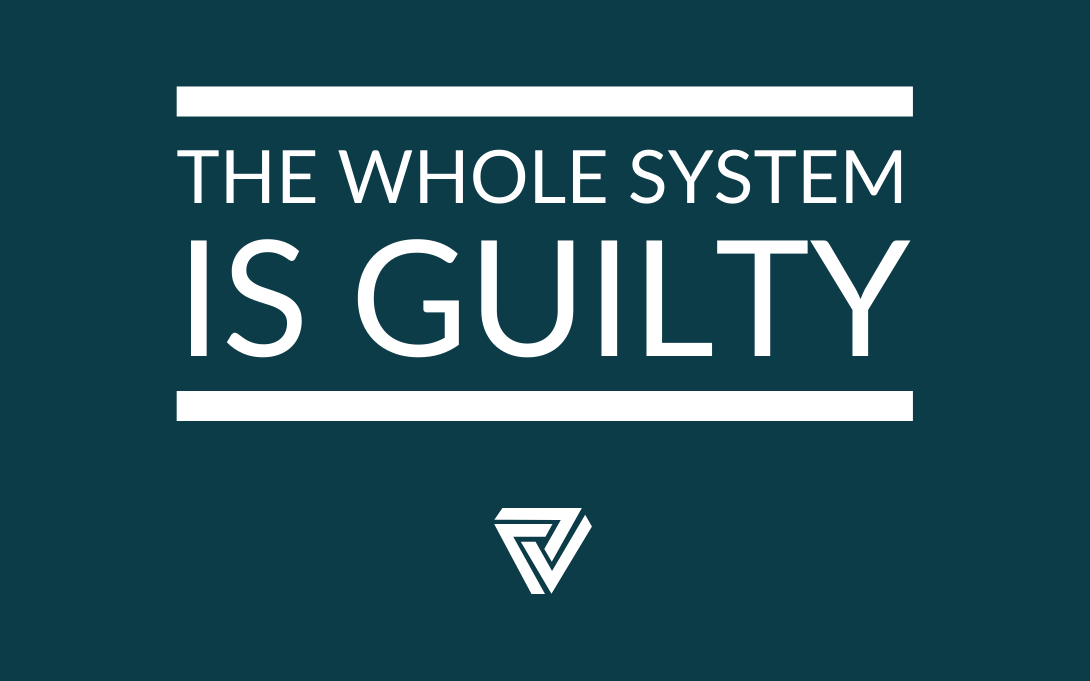
His name was George Percy Floyd, Jr.
And on May 25, 2020, former Minneapolis police officer Derek Chauvin became the next cop in a long legacy of killings, murders, and disregard for the lives of Black and Brown people when he murdered George Floyd.
The Institute has been attentive to the trial but even more so to resistance efforts taking place and inspired by impacted communities in Minnesota. We have long understood that taking this killer cop to court would not offer true justice. This verdict still means that systems of policing and imprisonment will be generally unscrutinized by the courts, police departments, or government agencies.
The rhetoric upheld by both the defense and the prosecution is that police are a necessary staple in our communities and a noble profession. The arguments made were not about the inherent violence of policing, but whether this individual officer was within or beyond what is deemed acceptable use of force per policing protocol. In fact, in the closing remarks the State said “This is not an anti-police prosecution, it is a pro-police prosecution.”
Our criminal legal system has displayed its innerworkings, its mess, its inefficiency on a national scale throughout the trial proceedings. From the obscure jury selection tactics to the stigmatization of people who use drugs all the way to this final verdict—millions have watched and questioned the effectiveness of this process. We couldn’t even get through this trial without witnessing additional murders at the hands of police. Since the trial began, 64 people have been killed by police officers, including Daunte Wright in Brooklyn Center, MN– impacting an already grieving community. We will also have to endure the limitations of these systems again in August during the trials of the other officers involved in George Floyd’s murder.
The result of this trial is impactful, but not as significant as the ongoing work being orchestrated by those who already know that policing and punishment do not offer us safety. An abolitionist future is made possible because we are already living in an abolitionist present. We don’t need empty promises proffered through legislation that only serve to beef up police power. We don’t need city streets painted over with proclamations of Black Lives Matter to pacify the public while protesters are getting brutalized on the same block.
Across the country, legislation is being proposed and passed that restricts the lives of trans, nonbinary, and intersex people by restricting youth participation in sports, inhibiting access to affirming health care, and violating the bodily agency of trans, nonbinary, and intersex children. Codifying transphobia is deeply interconnected with systems of policing and imprisonment—we are targeted and criminalized for our difference, for our expression, for our existence. Gender justice is criminal justice is racial justice.
We will not know justice until these systems are obliterated. We are grieving, we are hurting, but we are fighting. While the prosecution wasn’t condemning the institution of police, we are—and our work will continue to be principled and attuned to the vision of justice that refuses to let this manifestation of violence exist.
“We don’t need no cops or jails, the whole damn system is guilty as hell.”